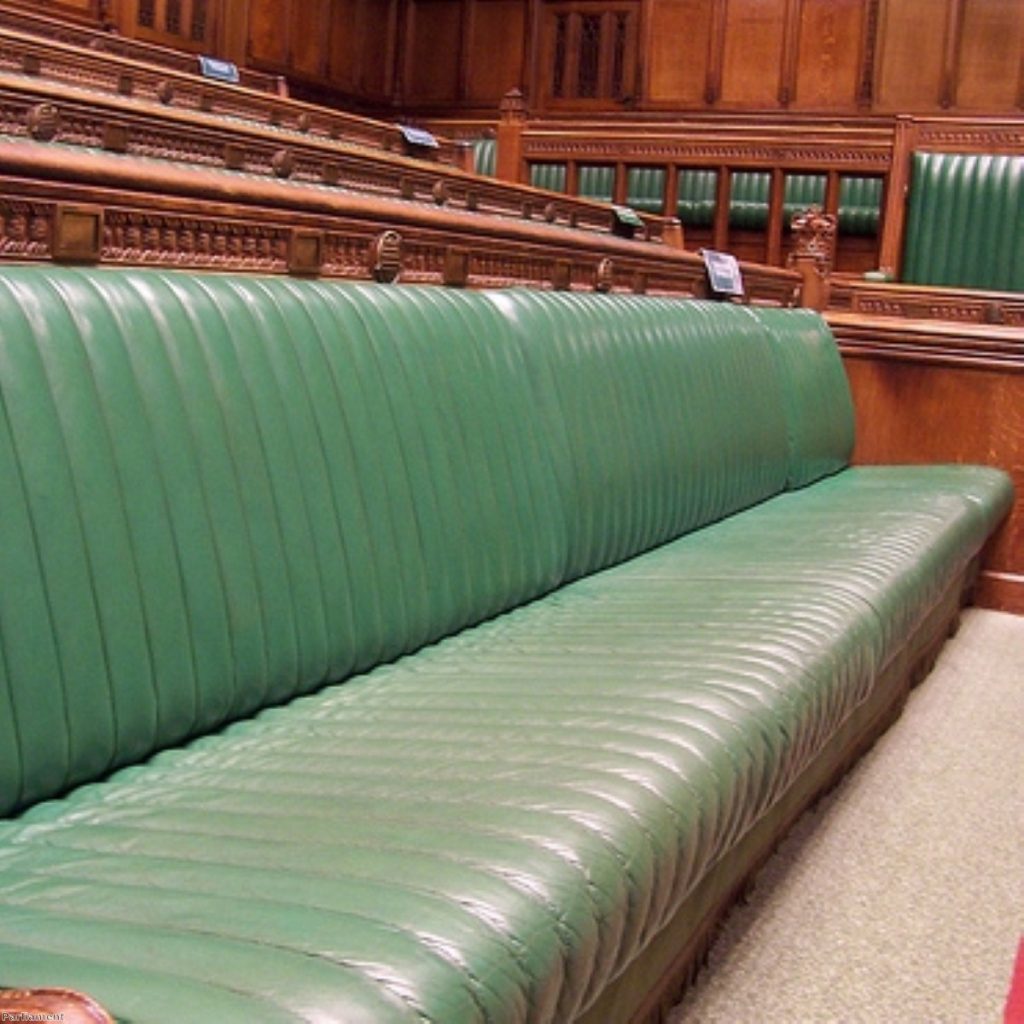Young would chop Commons guillotines
By Alex Stevenson
The Conservatives would end the practice of ‘guillotining’ pieces of legislation as they go through the Commons, increasing scrutiny of new laws.
New shadow leader of the House Sir George Young told the Conservative conference in Manchester he wanted to make the Commons “more bulldog, less poodle” in its relationship with the government.
Labour ministers have repeatedly been criticised for ‘guillotining’ legislation as it proceeds through the Commons. The practice involves ending debate on a proposed law at a specified time even if significant sections of the law have not been examined.


“We believe in less regulation, so Conservatives will legislate less; but we will also legislate better,” Sir George said.
“So today I can announce that we will abolish the practice of automatically guillotining government bills and give parliament back the time it needs to make real improvements to the law.”
Sir George was the runner-up to John Bercow in the race to replace Michael Martin as Speaker of the Commons. If the Tories win the general election he will be able to implement a raft of reforms ranging far beyond those within the remit of the Speaker.
Today Sir George proposed handing more power to select committees and giving their chairmen increased relevance by allowing them to report to the House.
“Select committees often have a message of equal public interest so we will give their chairmen the chance to launch their reports directly on the floor of the House, giving them equal status,” he added.
“So when there’s an issue that really matters, it’s not buried in a press release but given proper airtime in the chamber.”
Sir George unveiled a range of additional proposals. Government ministers would also be called to give statements more frequently on topical issues. Backbenchers would be given greater power to represent the views of their constituents. Regional select committees would be scrapped.
“Will this all make life tougher for government, my colleagues may ask me. You bet, I’ll tell them,” he said.
“But a good government has nothing to fear from a stronger and more confident House of Commons. If both raise their game, the citizen is the winner.”












